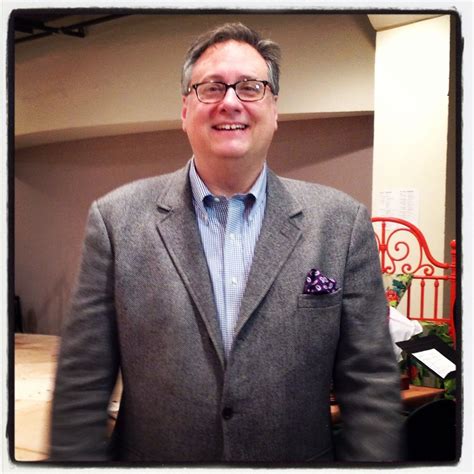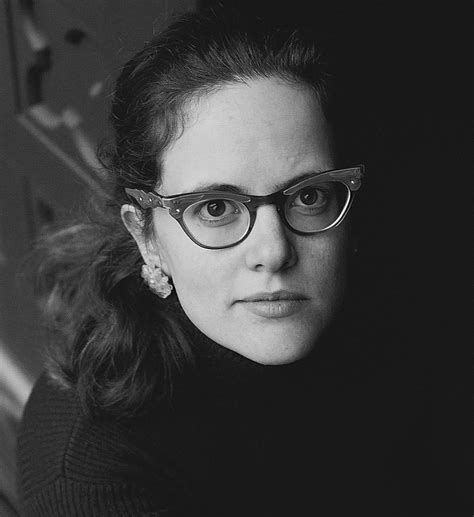A Quote by Ashley McBryde
There's a few people that I write with that we don't stop until one of us cries.
Related Quotes
When I am working on a book or a story I write every morning as soon after first light as possible. There is no one to disturb you and is it is cool and you come to your work and warm as you write. You read what you have written and, as you always stop when you know what is going to happen next, you go on from there. You write until you come to a place where you still have your juice and know what will happen next and you stop and try to live through until the next day when you hit again.
What do prisoners do? Write, of course; even if they have to use blood as ink, as the Marquis de Sade did. The reasons they write, the exquisitely frustrating restrictions of their autonomy and the fact that no one listens to their cries, are all the reasons that mentally ill people, and even many normal people write. We write to escape our prisons.
Mostly, in song writing, my experience is that there isn't so much inspiration as hard work. You sit there for hours, days and weeks with a guitar and piano until something good comes. But the urge to write is something you have to have. A conviction, an ambition to write and never stop until you think, 'This is the best I can do.'
The human heart cries out for help; the human soul implores us for deliverance; but we do not heed their cries, for we neither hear nor understand. But the man who hears and understands we call mad, and flee from him. Thus the nights pass, and we live in unawareness; and the days greet us and embrace us. But we live in constant dread of day and night.
There are a few people out there with whom you fit just so, and, amazingly, you keep fitting just so even after you have growth spurts or lose weight or stop wearing high heels. You keep fitting after you have children or change religions or stop dyeing your hair or quit your job at Goldman Sachs and take up farming. Somehow, God is gracious enough to give us a few of those people, people you can stretch into, people who don't go away, and whom you wouldn't want to go away, even if they offered.
We have to accept ourselves in order to write. Now none of us does that fully: few of us do it even halfway. Don’t wait for one hundred percent acceptance of yourself before you write, or even eight percent acceptance. Just write. The process of writing is an activity that teaches us about acceptance.
I'm a morning person because I learned to write my novels while still practicing law. I would get to the office at 6:30 a.m. and write until other people arrived, around 9. Now I still do that. I start at 6:30 or 7, and I'll write until 11, then take an hour off, then work until about 2 p.m. By then my brain has had enough.



































